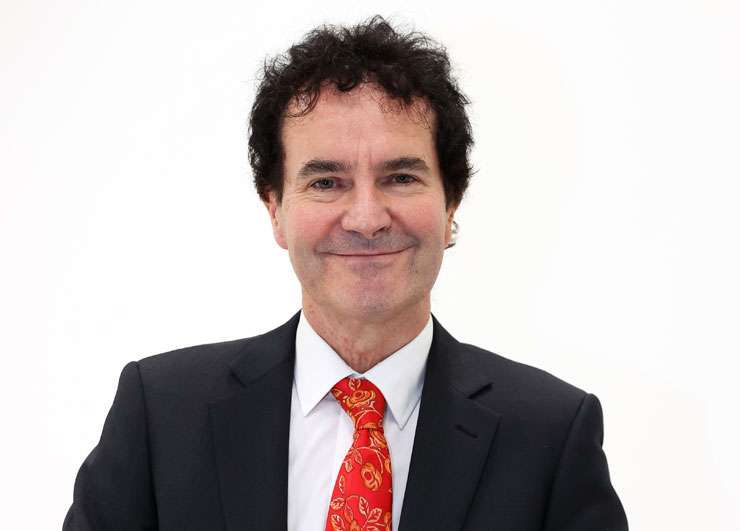One of the key measures I use to get a feel for whether the residential real estate market is on the wane or strengthening in a region is to look at FOMO. I get this “fear of missing out” data from the monthly survey of real estate agents which I run with Real Estate Institute of New Zealand (REINZ).
Back in July before we went into lockdown, a gross 66% of agents nationwide and 59% in Auckland said they were observing FOMO on the part of buyers. The late-August survey showed that immediately following lockdown nationwide FOMO rose to 71% and for Auckland it lifted to 67%.
The most recent survey at the very end of September showed nationwide FOMO at 72% and Auckland even higher at 79%. On the basis of those numbers I am prepared to say that lockdown has engendered extra determination from buyers to make a purchase, and the extension of Auckland’s lockdown has added to that feeling of buyer urgency in our biggest city.
During the week you may have noticed commentary around three month averaged data from Quotable Value NZ showing a lift in the nationwide pace of average house price increases. But we already knew that from the far more up to date monthly data from REINZ telling us that average NZ house prices rose 0.8% in May, 1.0% in June, 2.4% in July, and 2.0% in August.
Start your property search
And even before the REINZ price data came out we already could see house price inflation accelerating from my monthly survey results. In April only a net 30% of agents around the country said they felt house prices were rising in their location. That rose slightly to 32% in May. Then in June the reading lifted to 53%, July 61%, August 59%, and September 67%.
The hit to house price inflation from the reintroduction of LVRs in February and tax changes announced in March has been and gone. For four and a half months the strong fundamentals have reasserted themselves – those factors including low interest rates for both borrowers and investors, rapidly rising construction costs and shortages of land, spending of money unable to be spent on overseas travel, healthy household bank accounts, accelerating wages growth with low 4% unemployment, and of course FOMO.
What about the opposite of FOMO – FOOP or fear of over-paying? In April 37% of surveyed real estate agents said they were seeing buyers worried that prices would fall right after they made a purchase. In May that proportion eased to 29%. It now sits at 22%. For Auckland the latest reading is just 18%.

Tony Alexander: “The hit to house price inflation has been and gone.” Photo / Fiona Goodall
Housing markets again have good upward momentum. But at the same time that this renewed strength is appearing the Reserve Bank have started raising interest rates. They are not specifically targeting house prices, although their explicit statement that they feel prices are above sustainable levels makes one suspect they would like price rises to stop so incomes can rise and risks diminish.
By raising interest rates their aim is to eventually slow the pace of growth in our economy and therefore upward pressure on wages and business selling prices. They seek to achieve this by scaring householders into spending less. Frankly, we are a long, long way from that happening.
Consumer spending will be boosted this coming year by high bank balances, high wealth gains, strong jobs growth and rising job security, strong farm incomes, the probable slow return of foreign tourists, substantial construction and infrastructure activity, and determination to seize the day once our freedoms return. It’s going to take a long time for the reaction the Reserve Bank wants to appear.
That means house prices are still likely to keep rising at a firm clip in the first half of next year before a slowdown sets in. That slowdown will become more and more driven by a dawning realisation amongst borrowers that mortgage rates will probably rise a lot more than the 1.75% the Reserve Bank have pencilled in. Our dogged determination to spend is going to be a hard nut for rising interest rates to crack.
- Tony Alexander is an economics commentator and former chief economist for BNZ. Additional commentary from him can be found at www.tonyalexander.nz
Ad Tag








